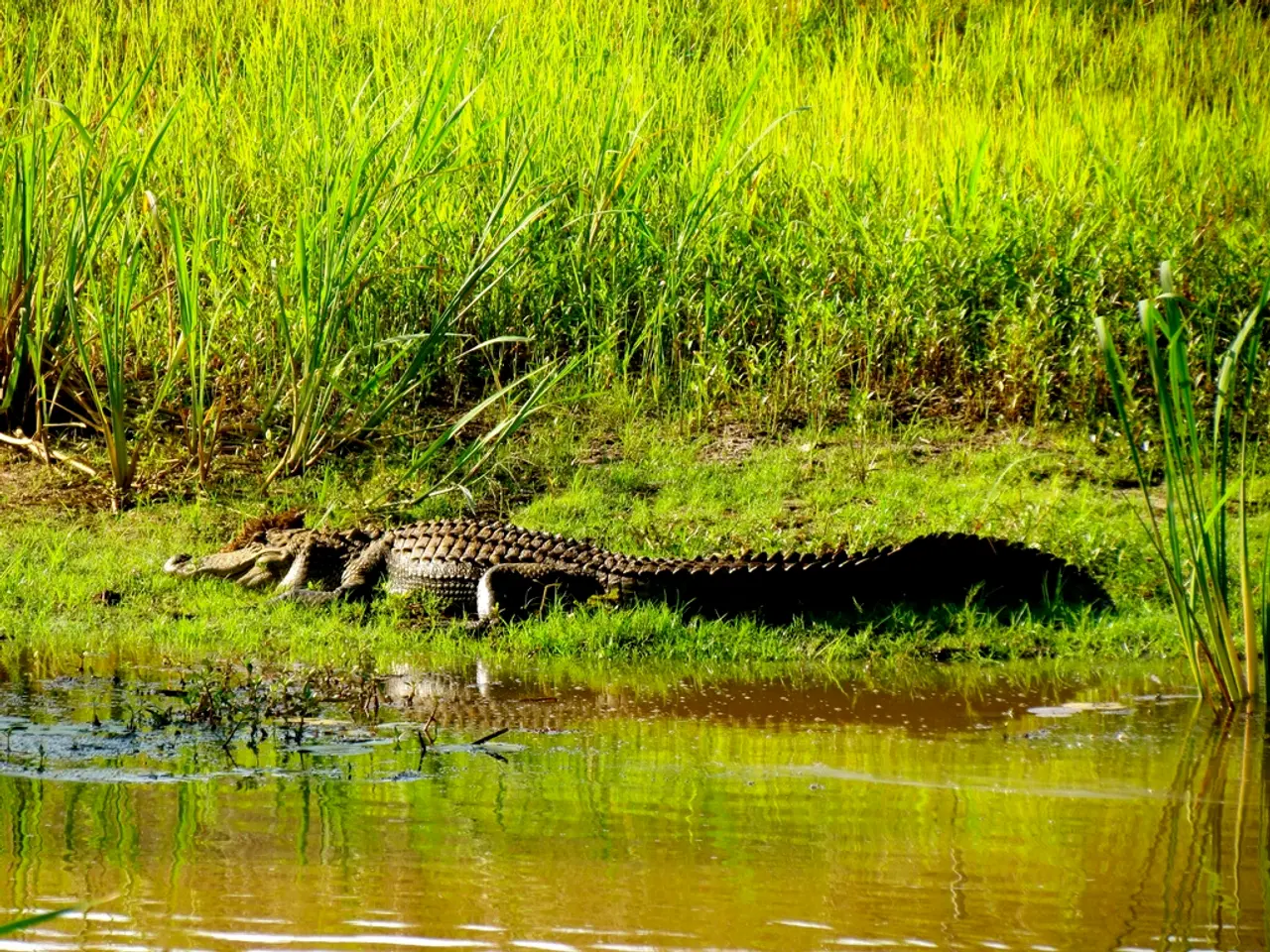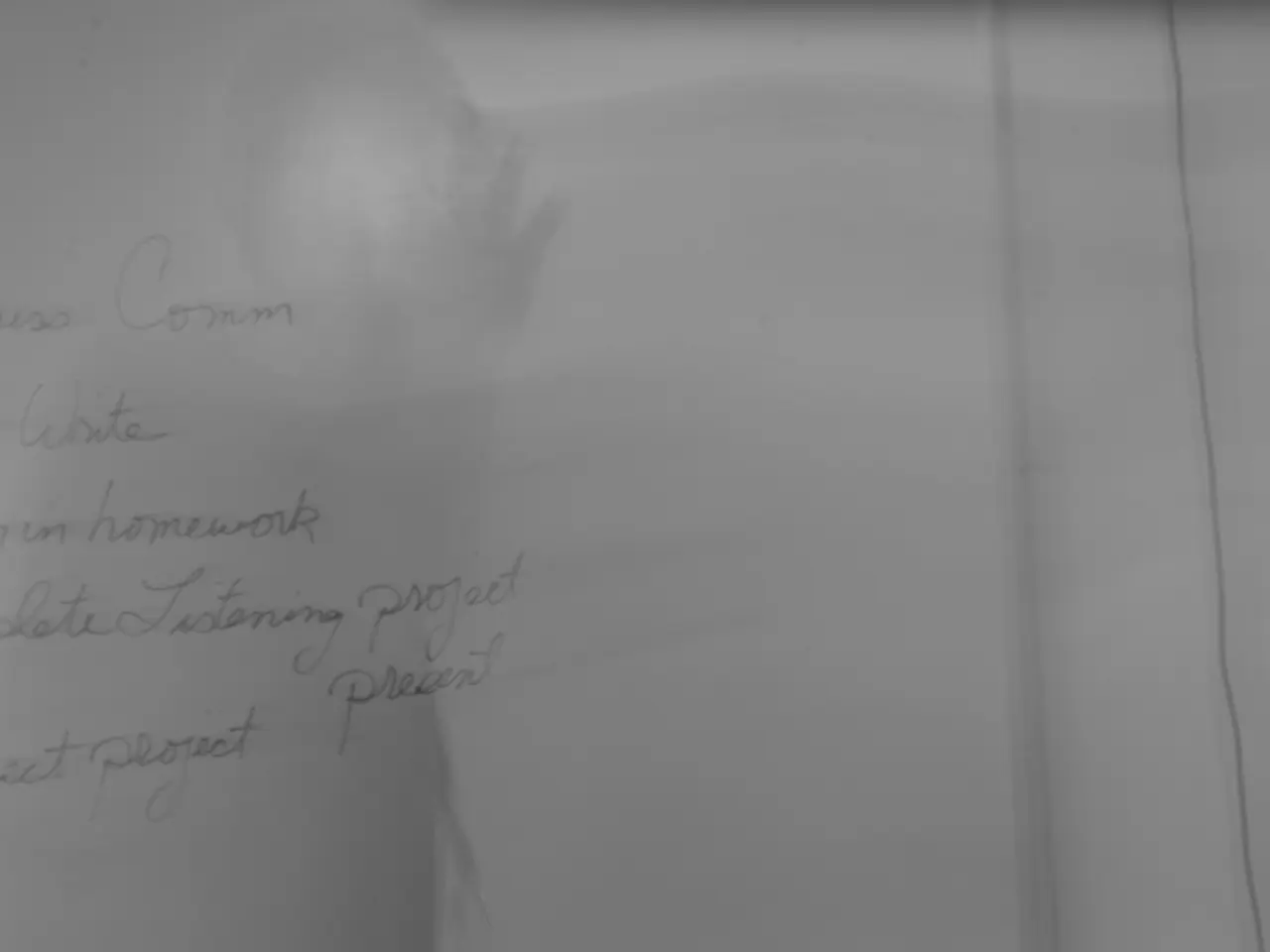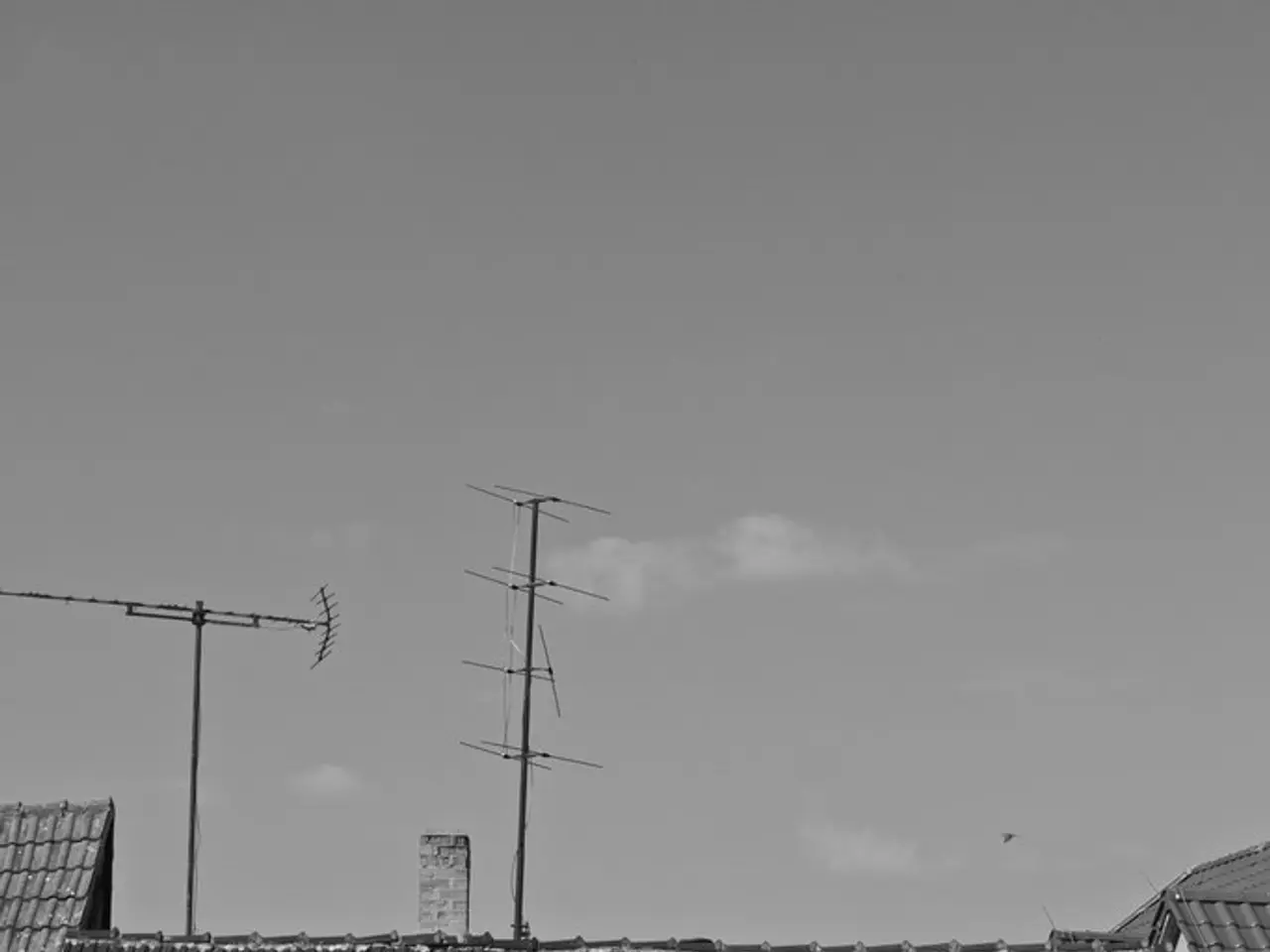Florida's Immigration Detention Facility: Trump's Visit to the 'Crocodile Prison' - Trump Pays a Visit to "Alligator Alcatraz"
In a bid to bolster immigration enforcement, Florida is set to open a new migrant detention center, colloquially known as "Alligator Alcatraz." This facility, located near the Dade-Collier Training and Transition Airport in Ochopee, Florida, adjacent to the Everglades marshland, is at the heart of a broader crackdown on immigration under the Trump administration [1][3][4].
### Location and Description
The remote and isolated location of the facility, accessible only by one road, and surrounded by dangerous wildlife such as alligators and pythons, contributes to its nickname and is intended to prevent detainee escapes [1][3][4]. The detention center primarily consists of tents and trailers, enabling rapid setup and expansion [1]. It is planned to house around 5,000 detainees initially, with the overall facility expected to be much larger as part of a state and federal effort to increase migrant detention capacity [1][3].
### Purpose and Administration
The center is part of an aggressive immigration enforcement plan led by Florida Governor Ron DeSantis and supported by the Department of Homeland Security (DHS). Its purpose is to process, detain, and deport individuals who are in the country illegally, contributing to what the administration calls the largest mass deportation campaign in U.S. history [1][2][3]. Florida has allocated significant funding to this effort, including nearly $300 million in state funds for hiring law enforcement and building detention infrastructure. DHS estimates the annual operating cost for the facility to be around $450 million, with much of that reimbursed by FEMA under its Shelter and Services program [1][2][3][4].
### Controversy
The facility and the broader Florida immigration enforcement plan have sparked significant controversy and protests. Critics highlight concerns about human rights, the treatment of migrants, and the economic and social impacts on the state. The plan envisions not only tent and trailer camps but also possibly jails and for-profit prison-operated detention centers, raising ethical questions about privatization and detention conditions [2]. The remote location, harsh environment, and use of emergency powers to expedite the project also have drawn criticism from local officials and advocacy groups worried about transparency and accountability [1][2][4].
### Political and Public Reception
Florida Republicans have embraced the project as part of their tough stance on illegal immigration, even marketing merchandise branded with the "Alligator Alcatraz" name [1]. Former President Donald Trump visited the center to promote it as a model for expanding detention capacity nationwide, emphasizing the need for more facilities like it as part of his administration’s immigration policy agenda [1][3][4]. However, the controversy surrounding the center continues to grow, with protesters demonstrating against Trump's immigration policy on the access road to the detention center and human rights activists criticizing the practice of deporting migrants to undemocratic states like El Salvador or Sudan [5].
- The plan to open a migrant detention center in Florida, nicknamed "Alligator Alcatraz," is a key element of Florida Governor Ron DeSantis' and the Department of Homeland Security's aggressive immigration enforcement, with former US President Donald Trump expressing interest in expanding similar facilities nationwide as part of his administration's immigration policy.
- The controversy surrounding the proposed migrant detention center in Florida, erected in a remote location and intended to house around 5,000 detainees, has spilled over into areas of war-and-conflicts, politics, general-news, and crime-and-justice, as critics voice concerns about human rights, detention conditions, and the economic and social impacts on the state.








